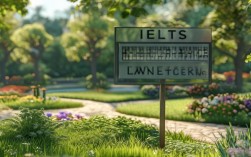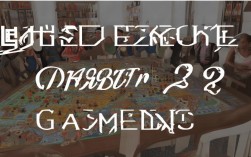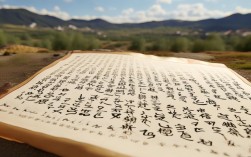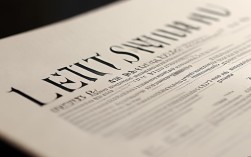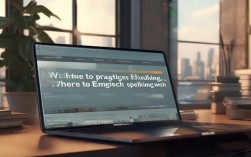在雅思口语考试中,historical(历史)类话题是高频出现的主题之一,这类话题不仅考察考生的语言表达能力,还检验其对历史知识的储备、逻辑思维能力以及文化理解深度,无论是描述历史事件、历史人物,还是探讨历史建筑、文化传统,考生都需要做到内容充实、结构清晰、表达准确,本文将从历史话题的核心考点、常见题型、答题策略及范例解析等方面展开,帮助考生系统掌握应对雅思口语历史话题的方法。
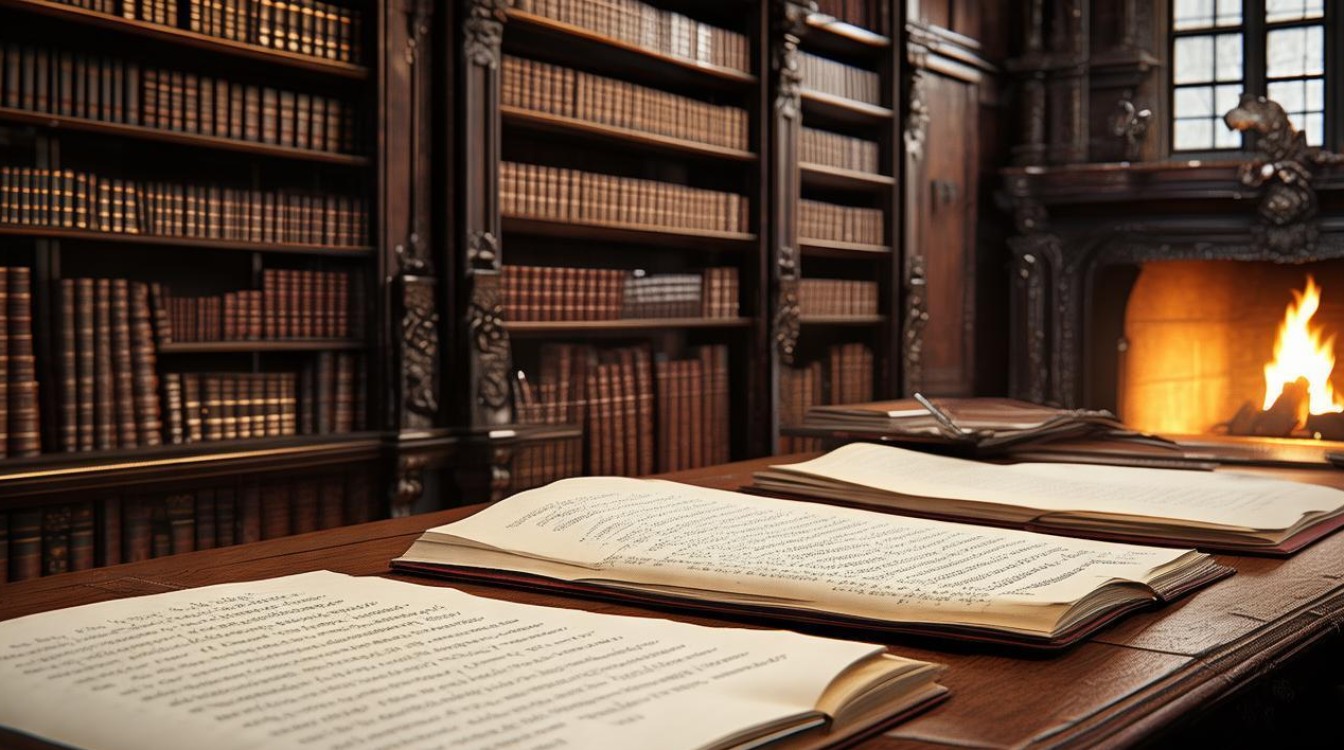
历史话题的核心考点与重要性
雅思口语中的历史话题并非要求考生成为历史学家,而是通过历史相关内容评估其语言运用能力,核心考点包括:事实准确性(避免常识性错误)、逻辑连贯性(事件或人物描述有条理)、文化视角(结合历史背景分析影响)以及个人关联(如“是否参观过历史博物馆”“对某段历史的看法”),这类话题的重要性在于,它既能展示考生的词汇广度(如“dynasty”“revolution”“heritage”等历史主题词汇),又能体现其辩证思维(如历史事件的积极与消极影响)。
常见历史话题题型与解析
雅思口语历史话题通常出现在Part 1、Part 2和Part 3的不同环节,题型难度逐步递进,具体可分为以下三类:
Part 1:个人经历与基础认知(简单问答)
Part 1的历史问题多围绕个人经历展开,难度较低,重点考察日常交流能力。
典型问题:
- Do you like visiting historical sites?
- Is there a historical event you learned about in school that impressed you?
- Do you think history is important?
答题策略:
- 用“观点+例子+个人感受”结构,避免简单回答“yes”或“no”。
- 例:
“Yes, I’m fascinated by historical sites. Last year, I visited the Forbidden City in Beijing. Walking through the ancient halls, I could almost feel the emperors’ presence, which made the history textbooks come alive. It was a vivid experience that deepened my interest in Chinese imperial history.”
Part 2:个人陈述(话题卡描述)
Part 2要求考生根据话题卡进行1-2分钟的独白,需涵盖提示点中的所有信息,历史话题常涉及“描述一个历史事件/人物/建筑”“一次历史相关的经历”等。
话题卡范例:
Describe a historical event you find interesting.
You should say:
- What the event was
- When and where it happened
- What you know about it
- And why you find it interesting
答题框架与范例:
- 事件引入:直接点明事件,如“The historical event that captivates me is the Renaissance.”
- 背景信息:时间(14th-17th century)、地点(Europe,starting in Italy)、核心特征(revival of art, culture, and learning)。
- 细节展开:结合具体人物(如Leonardo da Vinci, Michelangelo)或作品(Mona Lisa, The Last Supper),说明其影响——“Da Vinci’s scientific drawings and artistic innovations not only defined the era but also bridged medieval and modern thought.”
- 个人感受:强调兴趣原因——“What intrigues me most is how the Renaissance transformed society, proving that art and science together can drive human progress. It reminds me that creativity is the engine of civilization.”
Part 3:深度讨论(抽象分析与观点表达)
Part 3围绕历史话题的延伸问题展开,考察考生的辩证思维、文化对比及批判性思考能力,问题通常涉及“历史教育的意义”“历史与现代社会的关联”“如何保护历史遗产”等。
典型问题:
- Why do some people think history is boring? How can we make it more engaging?
- Do you think historical movies or TV shows accurately represent the past? Why?
答题策略:
- 采用“多角度分析+举例+结构,展示逻辑层次。
- 例:
“Some find history boring because it’s often taught as a list of dates and facts without context. To make it engaging, educators could use interactive methods—like virtual reality tours of ancient ruins or role-playing historical events. For instance, a class reenacting the French Revolution would help students understand the motivations behind the uprising far better than memorizing textbook entries. As for historical movies, while they simplify complex events for entertainment, some—like Schindler’s List—effectively convey human experiences. However, they often take creative liberties, so viewers should balance entertainment with critical thinking.”
历史话题必备词汇与表达
掌握历史主题词汇能显著提升回答的专业度和流利度,以下分类整理了高频表达:
| 类别 | 词汇/表达 |
|---|---|
| 历史时期 | ancient, medieval, modern era, Renaissance, Industrial Revolution, dynasty |
| 历史事件 | revolution, war, independence, reform, discovery, colonization |
| 历史人物 emperor, philosopher, explorer, inventor, leader, reformer | |
| 历史建筑/遗迹 | monument, heritage site, ruins, castle, temple, museum |
| 历史影响 | legacy, influence, significance, impact, transform, shape |
| 评价与观点 | profound impact, pivotal role, controversial, groundbreaking, preserve memory |
答题技巧与注意事项
- 避免知识性错误:不确定的历史细节(如具体年份、事件名称)可用模糊表达,如“in the early 19th century”而非编造具体年份。
- 结合个人视角:在客观描述历史后,加入个人感受(如“I admire how…”“It taught me that…”),让回答更具个性化。
- 逻辑连接词:使用“however”“furthermore”“as a result”等连接词,确保段落过渡自然。
- 文化对比:若涉及中外历史(如“长城vs罗马斗兽场”),可简要对比,展示跨文化理解能力。
历史话题范例:描述一个历史人物(Part 2)
话题卡:Describe a historical person you admire.
参考回答:
“The historical person I admire most is Marie Curie, the pioneering Polish-French physicist and chemist. Born in 1867 in Warsaw, she faced significant gender barriers in a male-dominated field. Despite this, she pursued higher education in Paris, where she met her husband, Pierre Curie, and together they conducted groundbreaking research on radioactivity.
Their discovery of radium and polonium not only earned them the Nobel Prize in Physics in 1903 (making Marie the first woman to win the prize) but also revolutionized medicine. During World War I, Marie developed mobile X-ray units, known as ‘petites Curies,’ which saved countless soldiers’ lives. What truly inspires me is her relentless dedication—she continued her research even after Pierre’s death, winning a second Nobel Prize in Chemistry in 1911.
Marie’s legacy extends beyond her scientific achievements; she symbolized the power of perseverance and intellectual curiosity. Her story teaches us that passion can overcome adversity, and her work laid the foundation for modern nuclear physics. As a woman in STEM, I find her journey particularly motivating, reminding me to break stereotypes and pursue knowledge fearlessly.”
FAQs
雅思口语历史话题需要背诵大量历史知识吗?
不需要,雅思口语重点考察语言能力而非历史知识储备,考生只需掌握1-2个熟悉的历史事件、人物或建筑(如本国历史、世界著名事件),用准确的语言描述即可,避免背诵复杂历史细节,以免在考试中因紧张遗忘而影响流利度。
如何在Part 3中深入讨论历史话题,避免回答过于表面?
可通过“原因+影响+举例+反思”的结构深化回答,回答“Why is history important?”时,先说明历史帮助理解社会根源(原因),再举例说明历史事件对现代政策的影响(如二战对联合国成立的推动),最后反思忽视历史的后果(如重复错误),引入对比(如“不同国家如何对待历史”)或引用个人观察(如“博物馆的教育作用”)也能提升回答深度。



